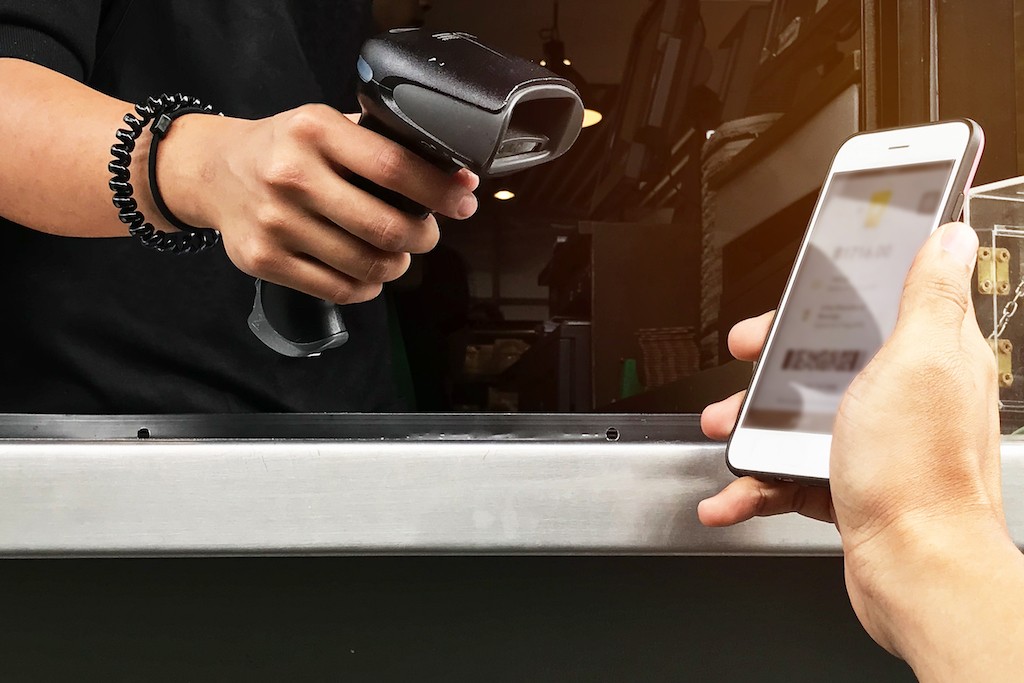E-commerce group sees room for digital wallet growth. Indonesia has seen e-wallet platforms grow significantly over the last five years, but there is still room for domestic and international e-wallet players to enter the market given its size, an industry group says.

Indonesian E-Commerce Association (idEA) digital economy head Bima Laga said many local e-wallets could compete with existing platforms on a national scale.
“There is an e-wallet that is popular in Bali that focuses on payments for hotel and leisure. I think it is very possible that such a local player could scale up and capture a wider market,” he said during a webinar hosted by MarkPlus on Wednesday.
He added that increasing internet penetration rates and the integration of e-wallets with e-commerce payment could help other e-wallet platforms emerge and grow.
According to Statista, almost half of Indonesian online shoppers will use an e-wallet by 2023, compared to only about 6 percent of shoppers in 2017. A 2019 JP Morgan report noted that e-wallet payments made up 20 percent of online payments, just after card payments at 34 percent.
“During the pandemic, e-wallets are becoming increasingly popular,” Bima said. “I think the industry can grow further if they tap into payments for travel and leisure, as well as payments of hospital bills.”
Institute for Development of Economics and Finance (Indef) researcher Bhima Yudhistira added that digital wallets should cater to the growing edutech and e-health services.
He agreed that there was room for more e-wallet platforms to operate in Indonesia, including foreign platforms.
“Foreign e-wallets, such as Facebook Pay, have already begun trials in Asia. I think it is only a matter of time before they enter Indonesia,” Bhima said.
He added that in the future, new domestic digital wallets would choose to merge with existing e-wallets or work with banks because such collaborations would make it easier for e-wallet platforms to capture a wider share of the market, obtain consumer data and adopt existing technology.
“But industry players need to keep in mind the market competition. We do not want the industry to be concentrated in only a few platforms and create market domination,” he said.
Bank Indonesia noted that 38 e-wallet platforms were licensed in the country but that only a few were well known.
A recent MarkPlus survey showed that ShopeePay had outperformed other e-wallet platforms during the last three months.
The company captured 26 percent of the digital wallet market, while GoPay, OVO, DANA and LinkAja captured between 8 percent and 24 percent of the market.
MarkPlus high-tech, property and consumer goods industry head Rhesa Dwi Prabowo said ShopeePay’s success was a result of its vigorous discounts and marketing, as well as its integration with e-commerce platform Shopee.
Shopee Indonesia director Handhika Jahja said on Wednesday that the company had seen a threefold year-on-year (yoy) increase in the number of customers using ShopeePay in the second quarter.
He predicted continuous growth in transactions as the company rolled out online shopping promotions such as 9.9 Super Shopping Day. Bhima of Indef, however, noted that e-wallets should find a more sustainable method than widespread discounts to retain users.
“In the beginning, people wanted to try e-wallets because of the discounts, but we are entering a phase where people are more concerned about their safety and efficiency,” he said, adding that investors would be wary of strategies that “burned money”.
A 2019 survey by market research firm Ipsos showed that most first-time e-wallet users were motivated by promotions. However, as people have integrated cashless payments into their lives, convenience and safety have become the top reasons for using e-wallets.
The survey also found that millennial e-wallet users wanted their payment applications to be connected to their savings accounts, while most Gen-Z users wanted more “pay later” options.
Digital payments in Southeast Asia are expected to reach $1.1 trillion in value by 2025, according to the 2019 e-Conomy SEA report by Google, Temasek and Bain & Company. Accounting for just over $22 billion in 2019, e-wallet transactions are likely to grow more than fivefold and to exceed $114 billion by 2025, the study found. E-commerce group sees room for digital wallet growth (Eisya A. Eloksari The Jakarta Post)





 Educated yet Amoral: AI Capable of Writing Books Sparks Awe
Educated yet Amoral: AI Capable of Writing Books Sparks Awe 